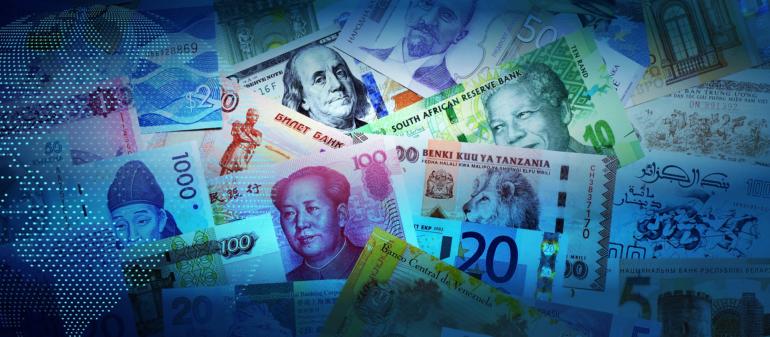It’s called a global minimum corporate tax – designed to crack down on tax havens and impose new levies on large, profitable multinational corporations.
Details remain to be worked out, but according to the OECD, if enacted the plan could bring in about $150 billion in additional global tax revenue per year — and reshape the global economy. CGTN’s Toby Muse has a report.
To discuss:
- John Gong is an economics professor at the University of International Business and Economics in Beijing.
- Joel Rubin is a democratic strategist and national security analyst. He served as a Deputy U.S. Assistant Secretary of State in the Obama administration.
- Surupa Gupta is a University of Mary Washington political science and international affairs professor.
- Arthur Dong is an economics and business professor at Georgetown University.
For more:
Treasury Secretary Janet Yellen said upcoming negotiations on a proposed global minimum corporate tax should clarify what levies might be allowed https://t.co/FzHTqZD8r7
— The Wall Street Journal (@WSJ) July 13, 2021
Multinational finance executives are attempting to analyze the potential implications of a global minimum tax for their firms, with many of them skeptical that the proposal will be implemented anytime soon https://t.co/RkCEzBikAd
— The Wall Street Journal (@WSJ) July 12, 2021
130 countries back global minimum corporate tax of 15% https://t.co/mku0n3QnuV pic.twitter.com/7VBkellbXJ
— Reuters (@Reuters) July 1, 2021
The European Union has agreed to delay a digital levy as policymakers continue pressing ahead with a global minimum tax. https://t.co/V93goK8Ho0
— NYT National News (@NYTNational) July 12, 2021
 CGTN America
CGTN America

